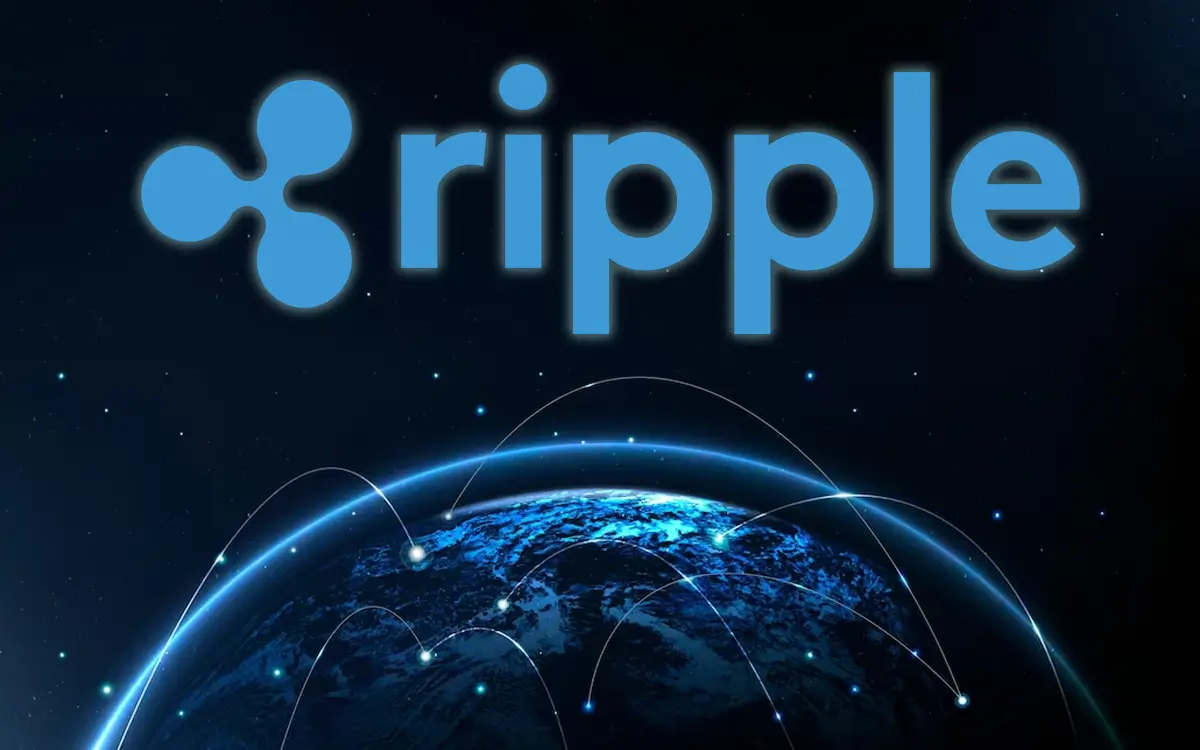Ripple Secures Full Regulatory Approval to Offer Crypto Payments in Dubai
13.03.2025 22:00 1 min. read Alexander Zdravkov
Ripple has officially secured full regulatory approval from the Dubai Financial Services Authority (DFSA), granting it the ability to offer crypto-based cross-border payment services in the UAE.
The company confirmed on March 13 that it had received its DFSA license, enabling operations within the Dubai International Financial Center (DIFC), a special economic zone with independent tax and regulatory policies. This milestone follows an initial approval granted nearly six months earlier, as Ripple worked toward full authorization to expand its digital asset infrastructure in the region.
With the license in place, Ripple can now provide blockchain-powered payment solutions to financial institutions across the UAE, catering to businesses seeking partners to integrate digital assets into real-world financial operations. The company highlighted the region’s growing demand for such services, particularly from both crypto-focused firms and traditional banks.
Ripple CEO Brad Garlinghouse praised the UAE’s proactive stance on technology and digital assets, describing it as an ideal hub for innovation. He emphasized that the industry is entering a period of rapid expansion, fueled by regulatory clarity and increasing institutional interest worldwide.
The approval also marks Ripple as the first blockchain-driven payments provider authorized to operate within the DIFC. DIFC CEO Arif Amiri welcomed the company’s growing presence, noting that the license positions Ripple to capitalize on opportunities in both the UAE and the wider MENA region.
-
1
SoFi Returns to Crypto with Trading, Staking, and Blockchain Transfers
27.06.2025 8:00 1 min. read -
2
GENIUS Act Could Reshape Legal Battle over TerraUSD and LUNA Tokens
30.06.2025 9:00 1 min. read -
3
Whales Buy the Dip as Retail Panics: This Week in Crypto
29.06.2025 14:00 3 min. read -
4
How to Earn Yield Holding USDC: A 2025 Guide
15.07.2025 18:10 2 min. read -
5
History Shows War Panic Selling Hurts Crypto Traders
28.06.2025 18:30 3 min. read
Kraken Launches U.S. Crypto Derivatives Platform, Eyes Broader Market Expansion
Kraken has officially launched its U.S.-regulated crypto derivatives platform, marking a major step toward merging traditional finance tools with digital asset markets.
How to Earn Yield Holding USDC: A 2025 Guide
If you’re holding USDC and want to maximize your yield, Deribit now offers rewards for eligible users who store USDC on its platform.
Kazakhstan May Invest Gold Reserves in Crypto Sector
Kazakhstan is considering allocating a portion of its gold and foreign currency reserves, along with National Fund assets, into crypto-related investments.
Grayscale Confidentially Files for New SEC-registered Offering Amid Growing Crypto Market demand
Grayscale Investments announced today that it has confidentially submitted a draft registration statement on Form S-1 to the U.S.
-
1
SoFi Returns to Crypto with Trading, Staking, and Blockchain Transfers
27.06.2025 8:00 1 min. read -
2
GENIUS Act Could Reshape Legal Battle over TerraUSD and LUNA Tokens
30.06.2025 9:00 1 min. read -
3
Whales Buy the Dip as Retail Panics: This Week in Crypto
29.06.2025 14:00 3 min. read -
4
How to Earn Yield Holding USDC: A 2025 Guide
15.07.2025 18:10 2 min. read -
5
History Shows War Panic Selling Hurts Crypto Traders
28.06.2025 18:30 3 min. read


